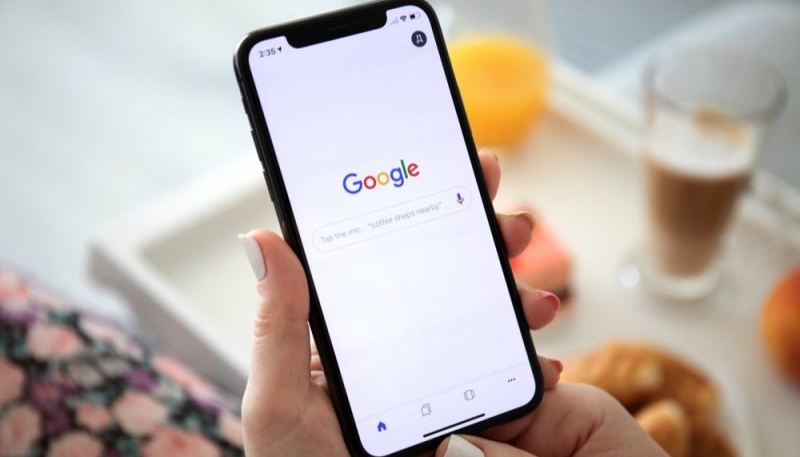The United Kingdom’s Supreme Court today restored Google’s appeal against a lawsuit that accused the search giant of wrongly tracking users in the Safari browser on the iPhone without their consent.
In the ruling, the judge said that the lawsuit, which sought to ask for up to £500 ($675) per user compensation from Google for millions of users allegedly affected by its tracking practices, is “officious” and is acting on behalf of individuals who have not authorized such legal action.
The judge took the view that, even if the legal foundation for the claim made in this action were sound, he should exercise the discretion conferred by CPR rule 19.6(2) by refusing to allow the claim to be continued as a representative action. He characterised the claim as “officious litigation, embarked upon on behalf of individuals who have not authorised it” and in which the main beneficiaries of any award of damages would be the funders and the lawyers.
The “Safari Workaround” was developed by Google to get around Safari’s blocking of several types of tracking. Google added code to some of its ads that made the browser think a user was submitting an invisible form to Google, allowing the installation of a tracking cookie on the user’s device.
When this tactic was revealed in a report by the Wall Street Journal, The U.S. Federal Trade Commission forced the company to pay a record $22.5 million fine for using the tactic.


